If they gave out Olympic medals for healthy habits, Judy Wekenman could claim the gold.
For 50 years, she has taken an hourlong walk every day.
Rain or shine. On hot, steamy days. Cold snowy ones. Seven days a week.
In the past five decades, that adds up to more than 18,000 walks.
Now 80 years old, Judy shows no sign of slowing down.
“I will walk until I can’t walk,” she said. “I don’t feel right without it.”
For her doctor, Judy sets a shining example of healthy aging.
“I love to see patients in late stages of their life who are just thriving—in a physical manner, mental capacity, mental health matter and social aspects,” said Kristin Jacob, MD, a Corewell Health internal medicine and pediatrics physician. “Judy really embodies that.”
Lots of factors can affect how we age, she said.
But a healthy habit, like Judy’s daily walk, delivers so many benefits. It can boost physical health, mental health and cognitive functioning.
Asked to talk about her healthy habits, Judy was amused and wondered what all the fuss was about. But as a retired nurse who once worked in a nursing home, she remembers how much she learned from her older patients.
So she sat down in her living room one day—tall, slender and looking a good 10 years younger than her age—and passed along her secrets, from genetics to lifestyle.
“On my mom’s side, they lived long. On my dad’s side, not so much,” she said.
She hopes to follow in the footsteps of her mom, who lived to 97, and her maternal aunt, who made it to 93.
“I am hoping I have good genes,” she said. “But you are part of the solution, as well. Your genes only go so far.”
About those walks
After the birth of her youngest son 50 years ago, Judy started walking an hour every day with her sister, Bonnie Christensen, and a friend, Berta Apsey.
They varied what time they walked, depending on their family schedules. But they made a point of fitting in that daily dose of exercise.
Changes big and small occurred during those years.
Judy’s three children grew up. She now has four grandchildren.
When she was 46 and her sister, Bonnie, was 51, they went to college and became licensed practical nurses.
Judy worked for 17 years before retiring.
And 13 years ago, Judy lost her beloved husband, Joe, to bladder cancer.
They had been married 47 years before he died.
Over 50 years, the trio shared all their milestones—joyful celebrations and heartbreaking losses, as well as the small details that make up everyday life.
That social connection can be just as beneficial as the cardiovascular fitness, balance and strength that come from exercise, Dr. Jacob said.
“Loneliness truly is a public health crisis in this country,” she said. “I am struck by the research that really speaks to how loneliness—or being socially connected—can independently be a factor that affects physical health.”
The women became well known in their neighborhood as “the walkers.”
Recently, a man driving by stopped his car to say hello. He had just moved back to the neighborhood after a 10-year absence.
“He couldn’t believe we were still walking,” Judy said.
On the menu
In addition to exercise, Judy values a healthy diet, filled with lots of fruits and vegetables.
She makes her own bread, rarely buying it from the grocery store.
In her refrigerator, she keeps a mixture of ground chia seeds, flaxseeds, hemp hearts, wheat germ, almonds and walnuts. She adds some to her morning oatmeal, along with a cup of berries and a banana.
Lunch includes more fruit and greens. For dinner, she eats a colorful array of vegetables, often with fish. Twice a week, dinner is a plant-based meal.
She enjoys a hamburger when she goes out to eat, but in general, she eats little red meat.
“I eat a lot of nuts,” she added. “If someone said I had to choose meat or nuts, I would choose nuts.”
Almost every evening, she indulges in her favorite treat: ice cream.
“When I was younger, I used to eat it out of the carton,” she said with a laugh. “Now as I age, I measure it out.”
The travel bug
Curiosity and learning are part of Judy’s daily life, as well.
Travel books line the shelves in her living room, beside mementos brought back from her trips: a painting of a French town, wooden flowers from Ecuador.
She has traveled extensively with her sister, Bonnie, and other family members.
“The funny thing about travel is the more you go, the more you realize what you haven’t seen,” she said.
She reads a lot and watches movies, often sharing her observations with friends on Facebook. She attends lectures and takes trips with a local senior center, including a recent visit to see the Van Gogh exhibit at the Detroit Institute of Arts.
“This is probably one of the best times to get old,” she said. “It’s a lot better than it was 20 or 30 years ago. There is so much more available for us to do.”
Taking that first step
“Eighty percent of chronic disease burden is driven by lifestyle factors,” said Carolyn Vollmer, MD, a Corewell Health lifestyle medicine specialist.
“And we know that lifestyle habits—such as good healthy nutrition, daily exercise, restorative sleep, engaging in cognitive activities, finding time to relax—are all factors that can reduce the risk of disease and cognitive decline as we age.”
Judy’s commitment to a healthy lifestyle “is one of the things that have contributed to her profound quality of life,” Dr. Vollmer said.
But even if you have not racked up decades of daily walks, you can still reap benefits from a healthy lifestyle.
“It is never too late to start,” Dr. Vollmer said. “Exercise has an exponentially positive improvement on your health. The more you do, the more benefits you see.”
Research has shown a 30-minute daily walk can reduce the risk of cognitive decline.
“But you don’t have to start at 30 minutes, five days a week,” Dr. Vollmer said. “You can start at five minutes a day and work up from there.”
She has seen patients in their 70s make health-conscious changes that have led to weight loss and disease reversal.
“You just have to have the motivation,” she said. “Find your why—why you want to do it.”
Changes with time
Judy’s walking routine has changed a bit over the years. Her sister, Bonnie, no longer joins her, but she still walks with her friend Berta.
On snowy days, if they can’t see the ground, they don’t walk on the street. They stomp out a path around Judy’s backyard.
And, on rare occasions, they skip a day.
“The only thing that would stop us is ice,” Judy said. “I can’t do that anymore. The single worst thing for an older person is to fall.”
But even on icy days, they explore their options before cancelling their walk. Sometimes a cleared parking lot will do just fine.
“I like to be outdoors,” Judy said. “I need that fresh air.”
Four years ago, she started wearing a Fitbit watch, which tallies her steps–with the total reaching typically 35-40 miles a week. And every hour, for nine hours a day, it reminds her to take at least 250 steps.
“A person needs to move throughout the day,” she said. “Being sedentary is probably one of the worse things we can do to our bodies.”
The outdoors. The fresh air. The movement and social connection. All those factors keep her walking.
And beneath those healthy habits, there’s a profound appreciation for life.
“I don’t think you should take your life lightly,” she said. “My life is a gift, and it is valuable to me.”
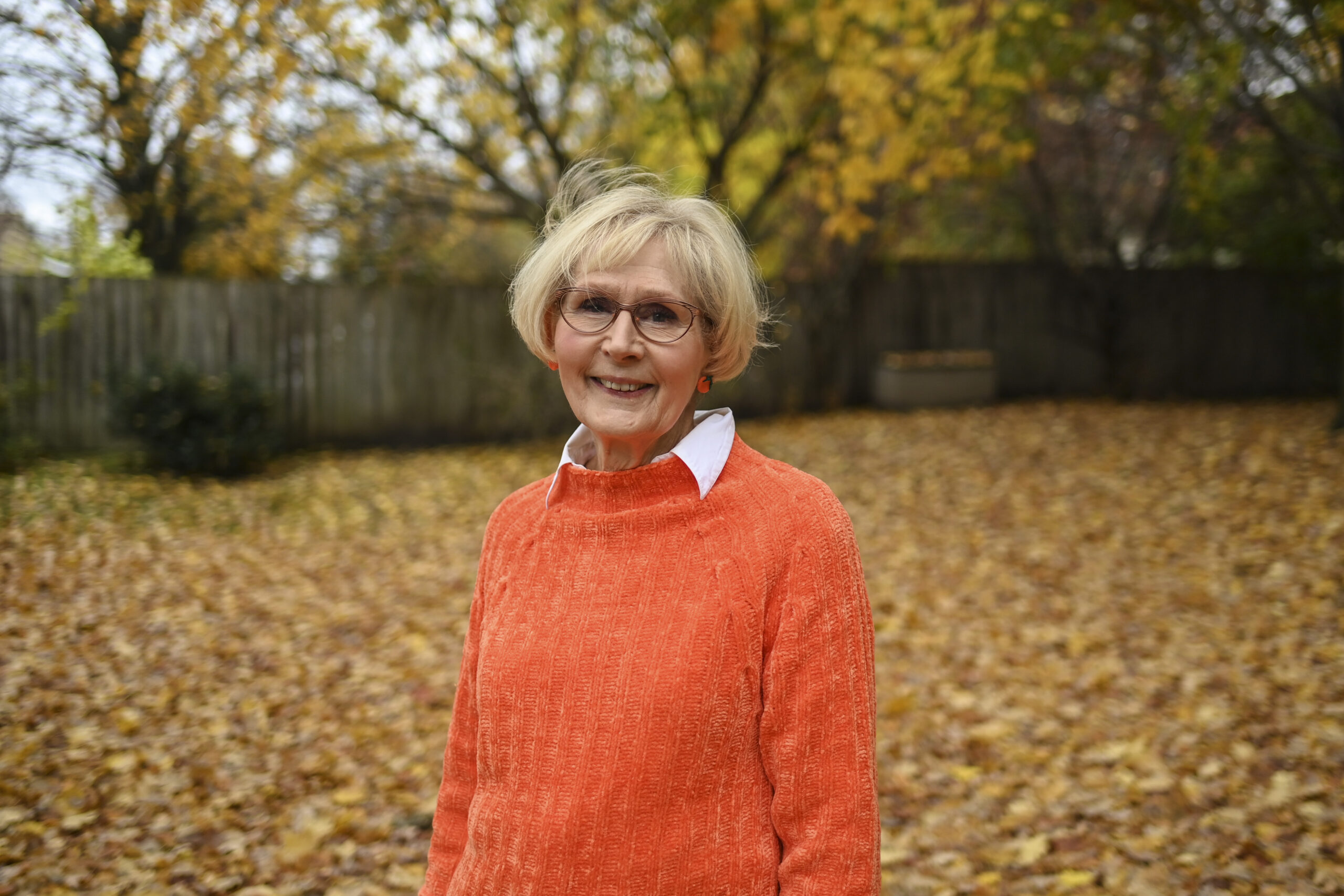
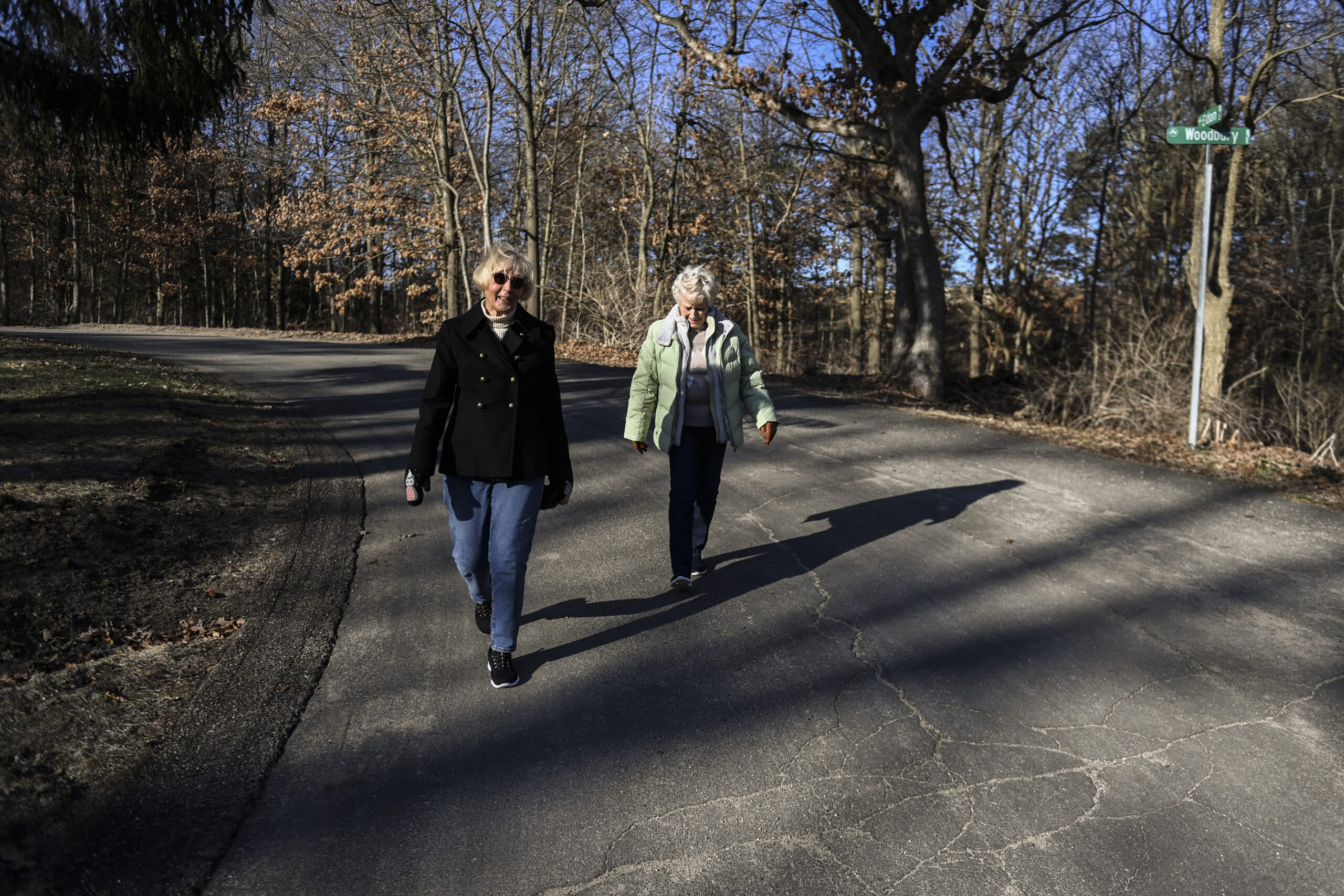
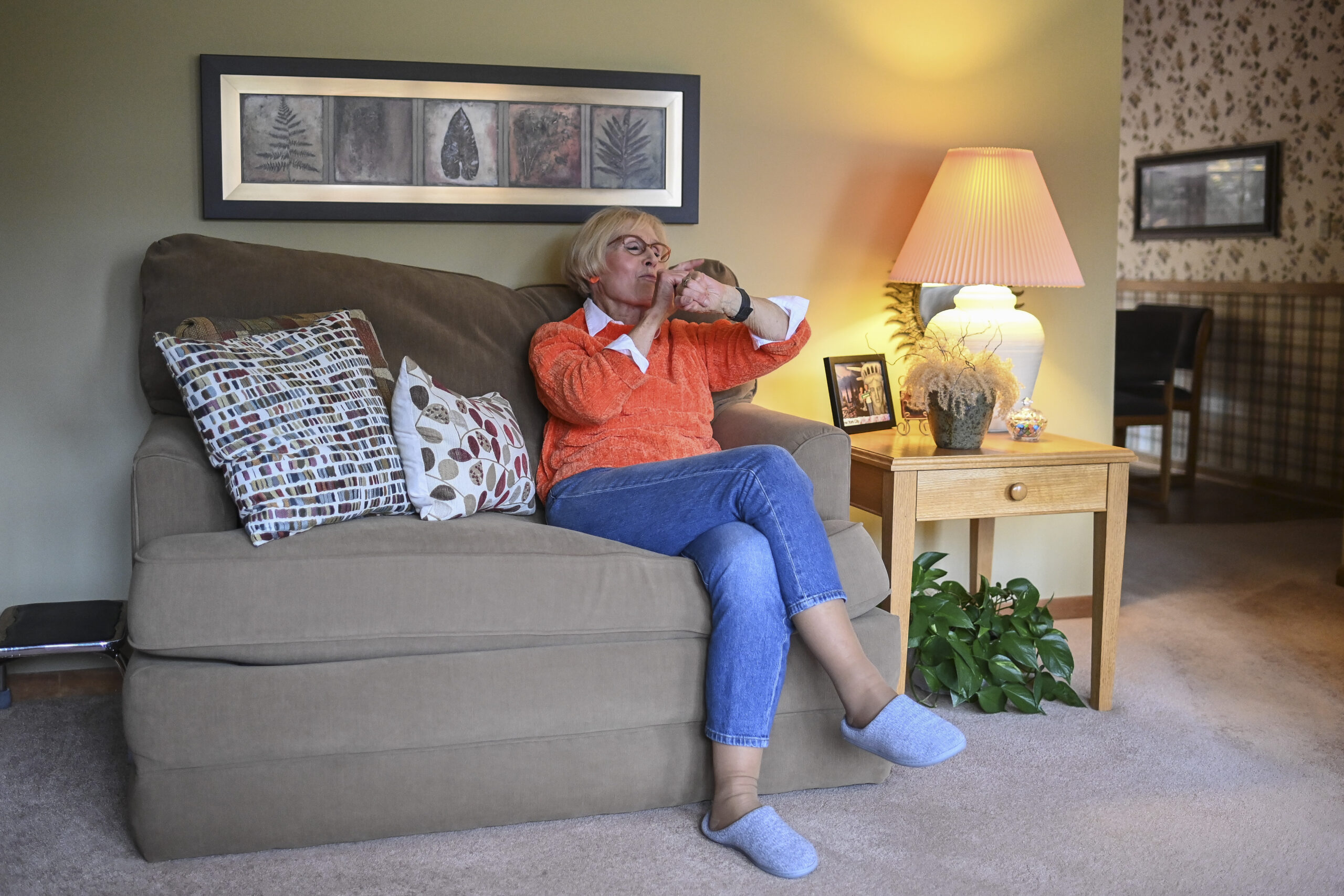
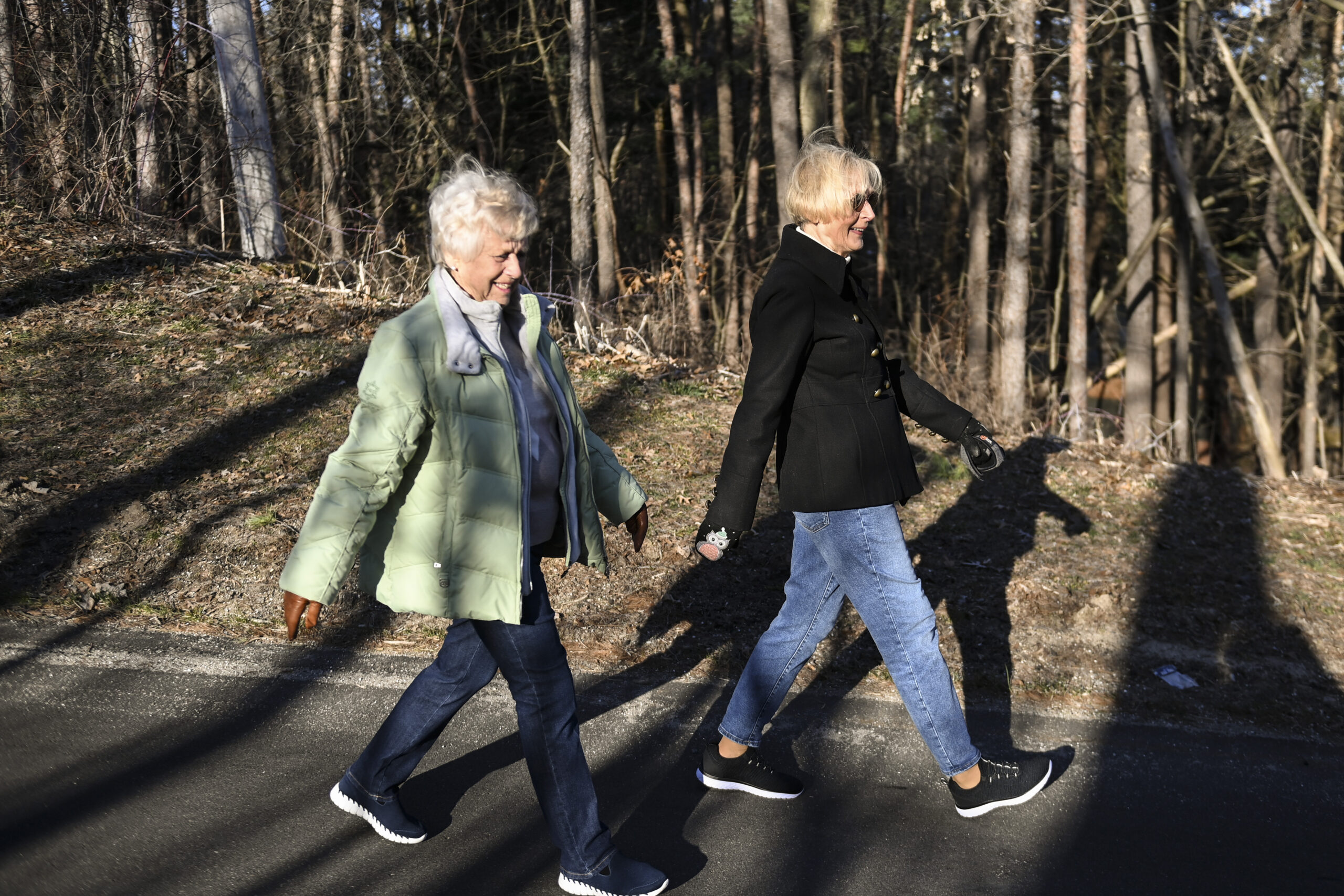
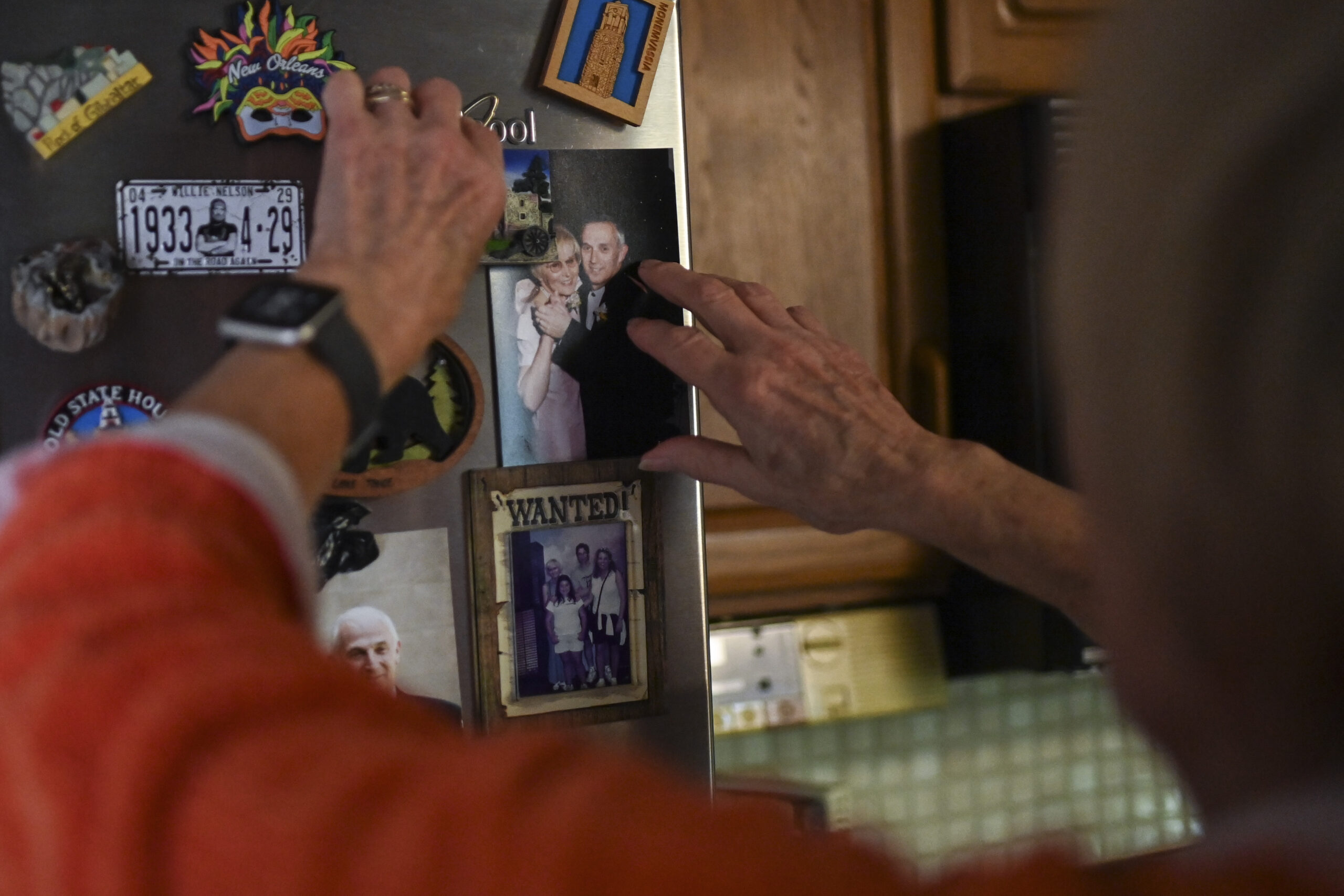
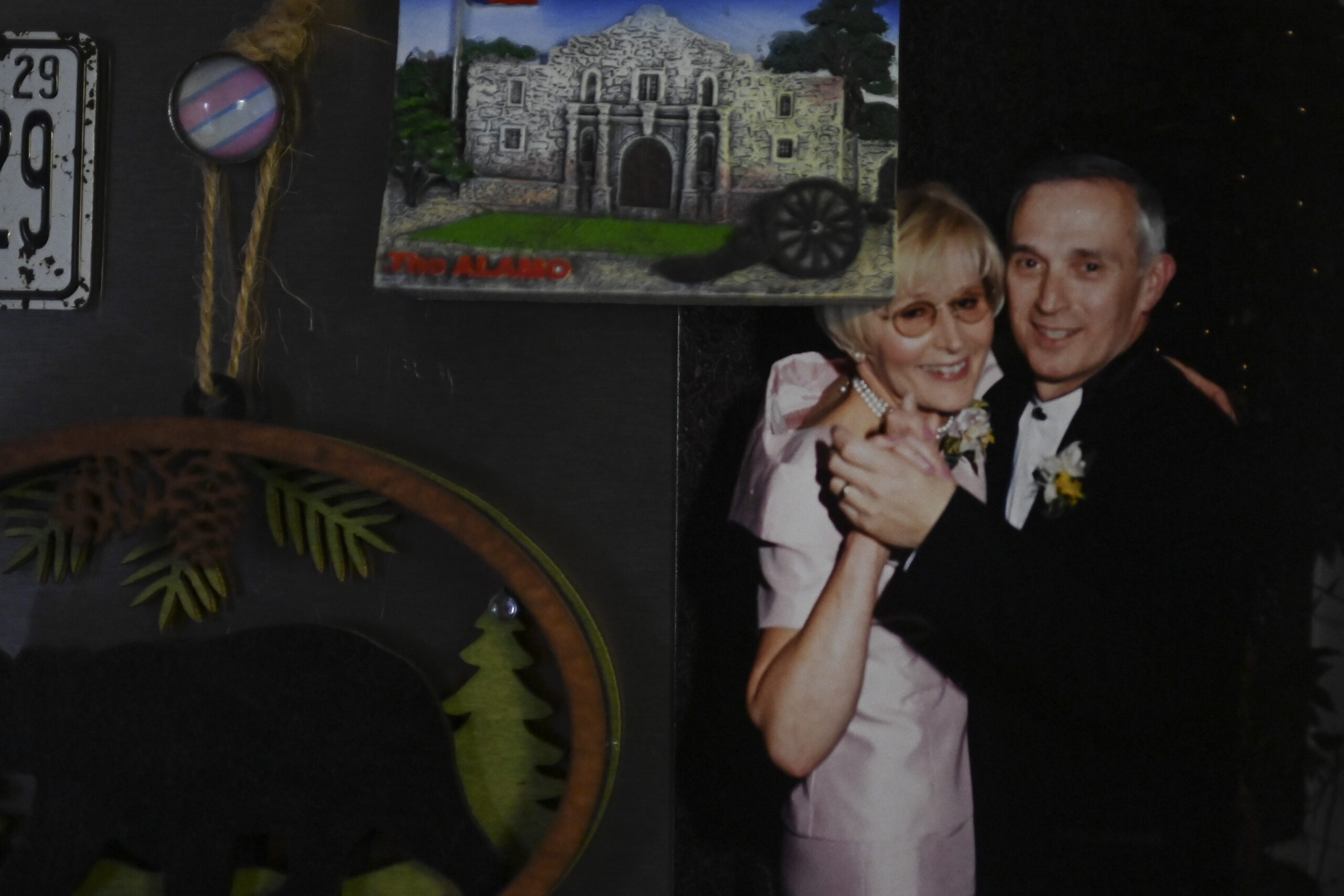
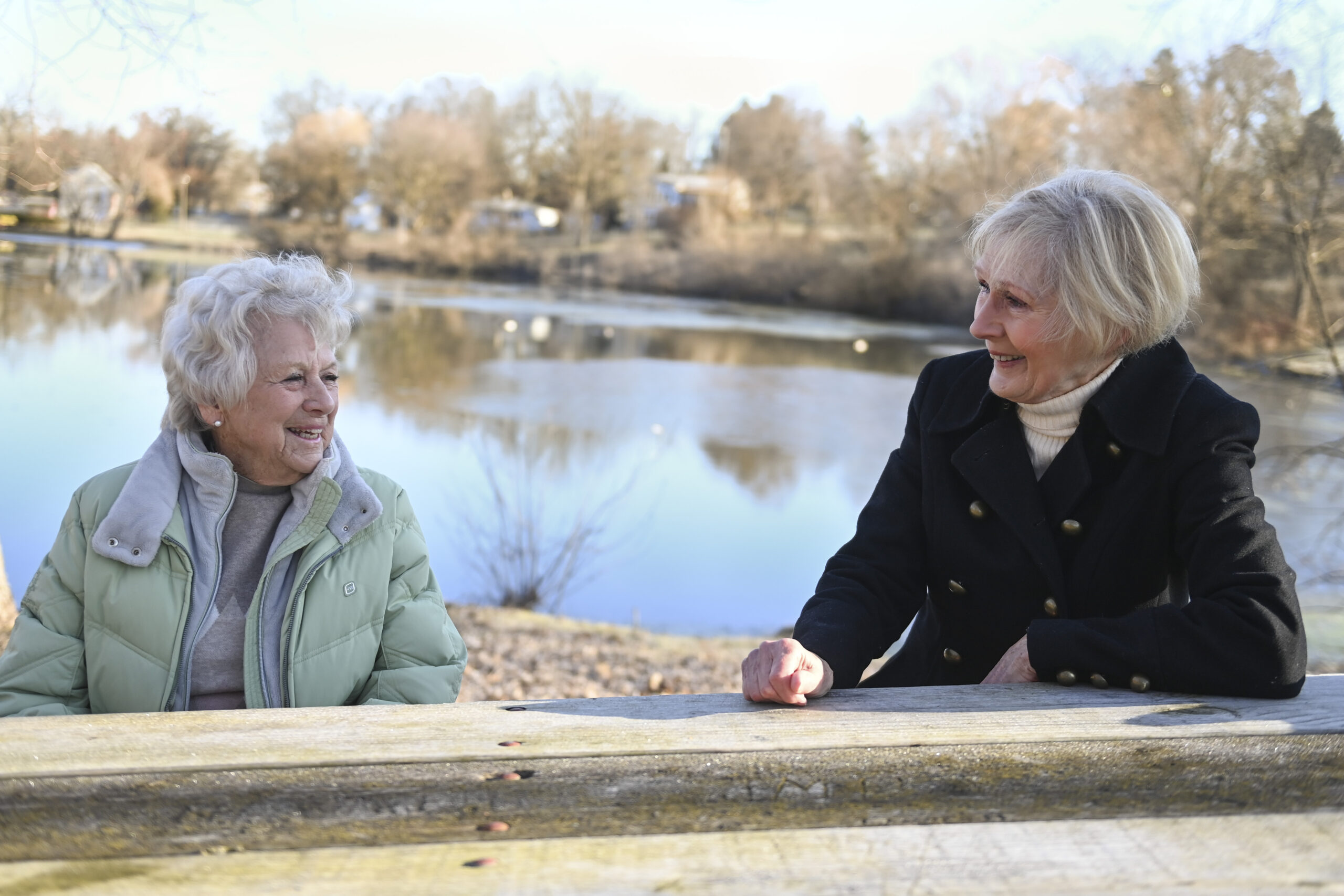
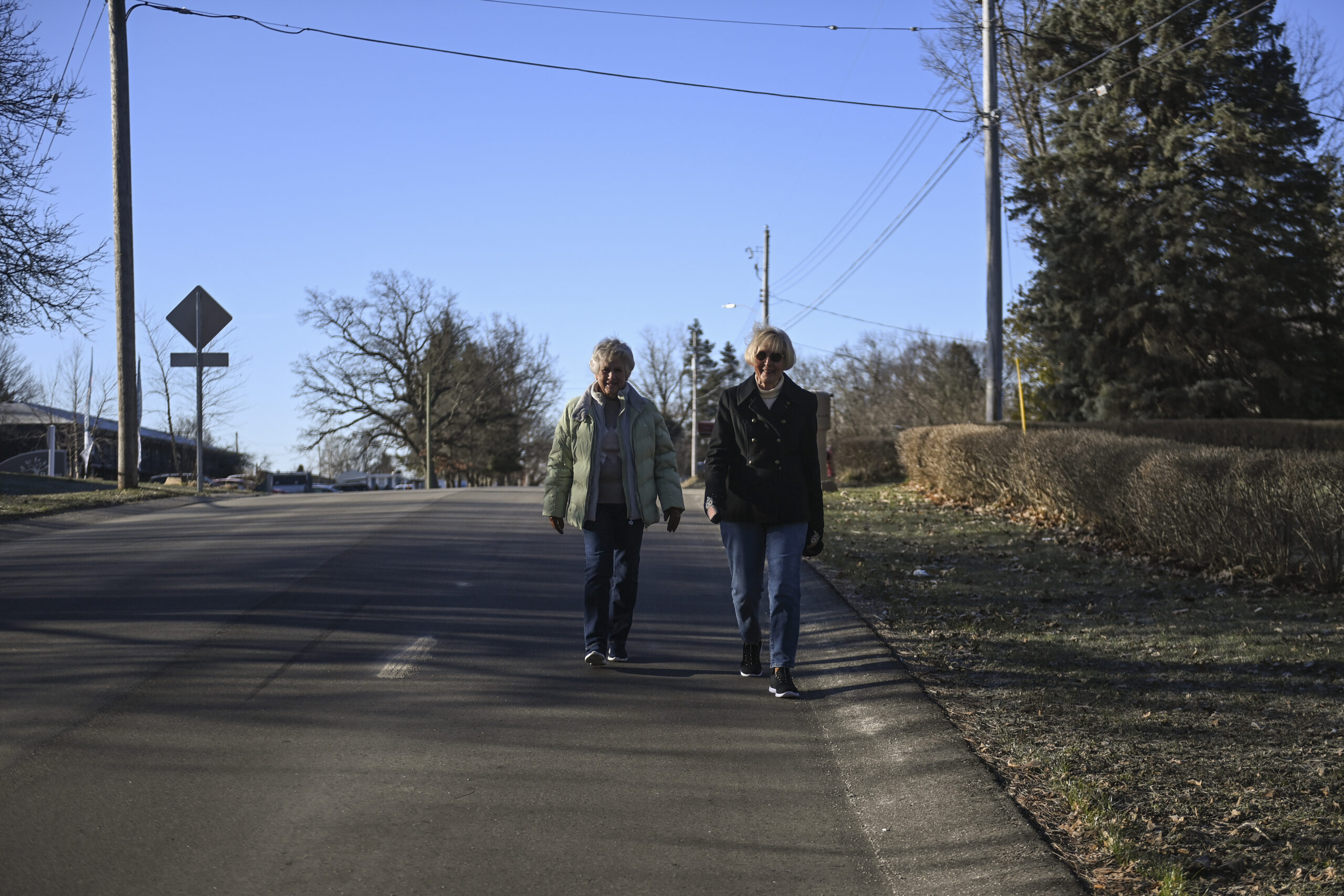
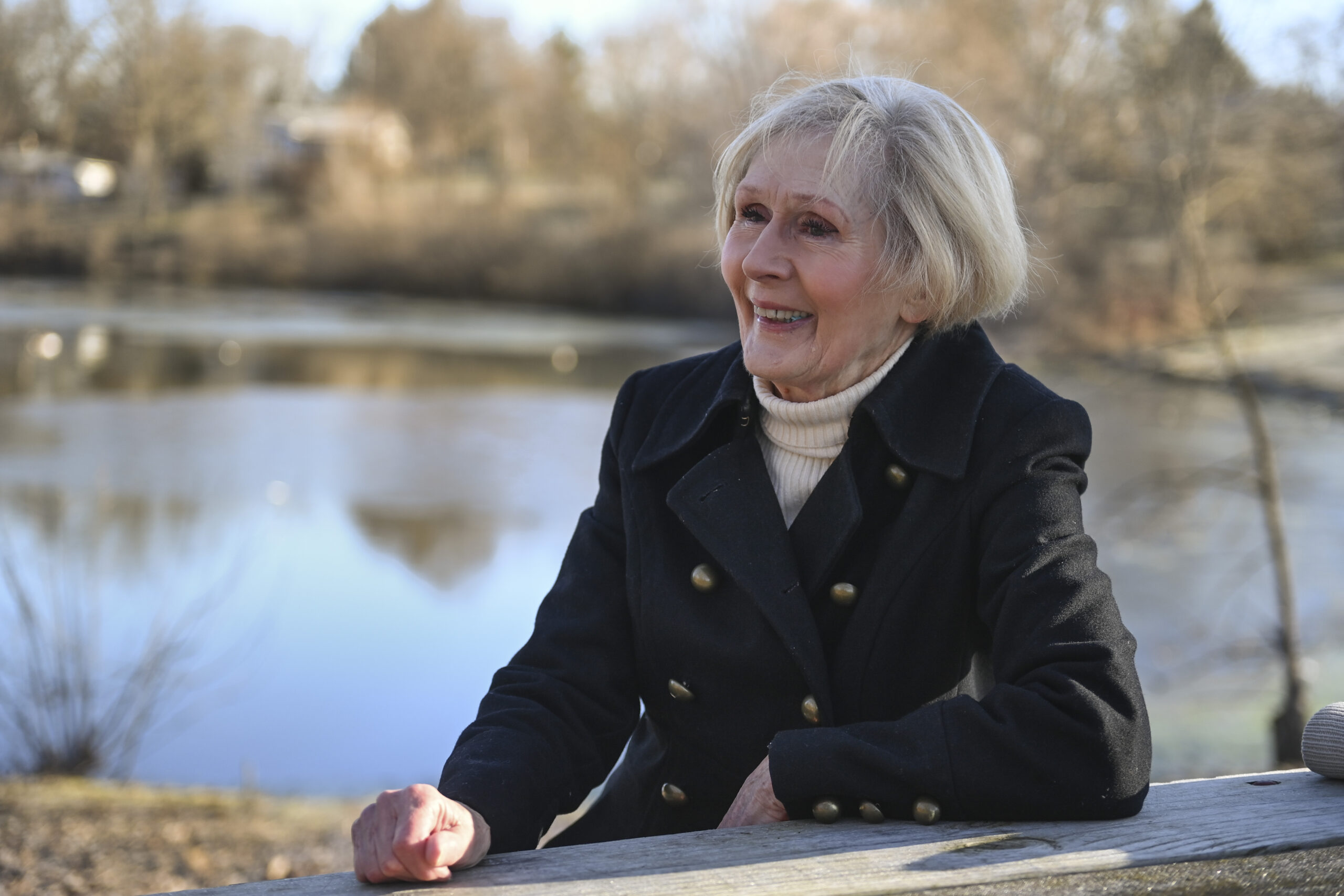
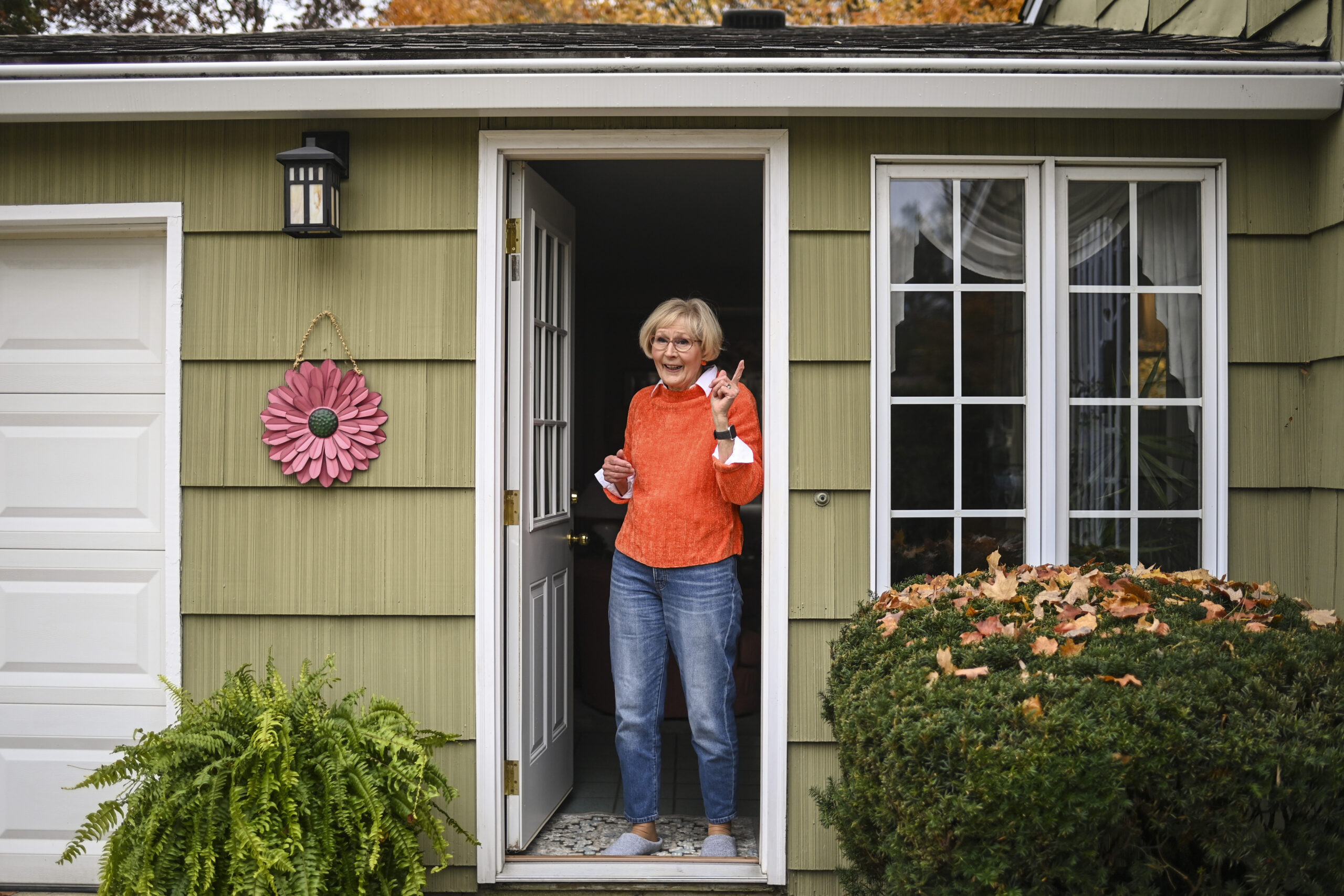
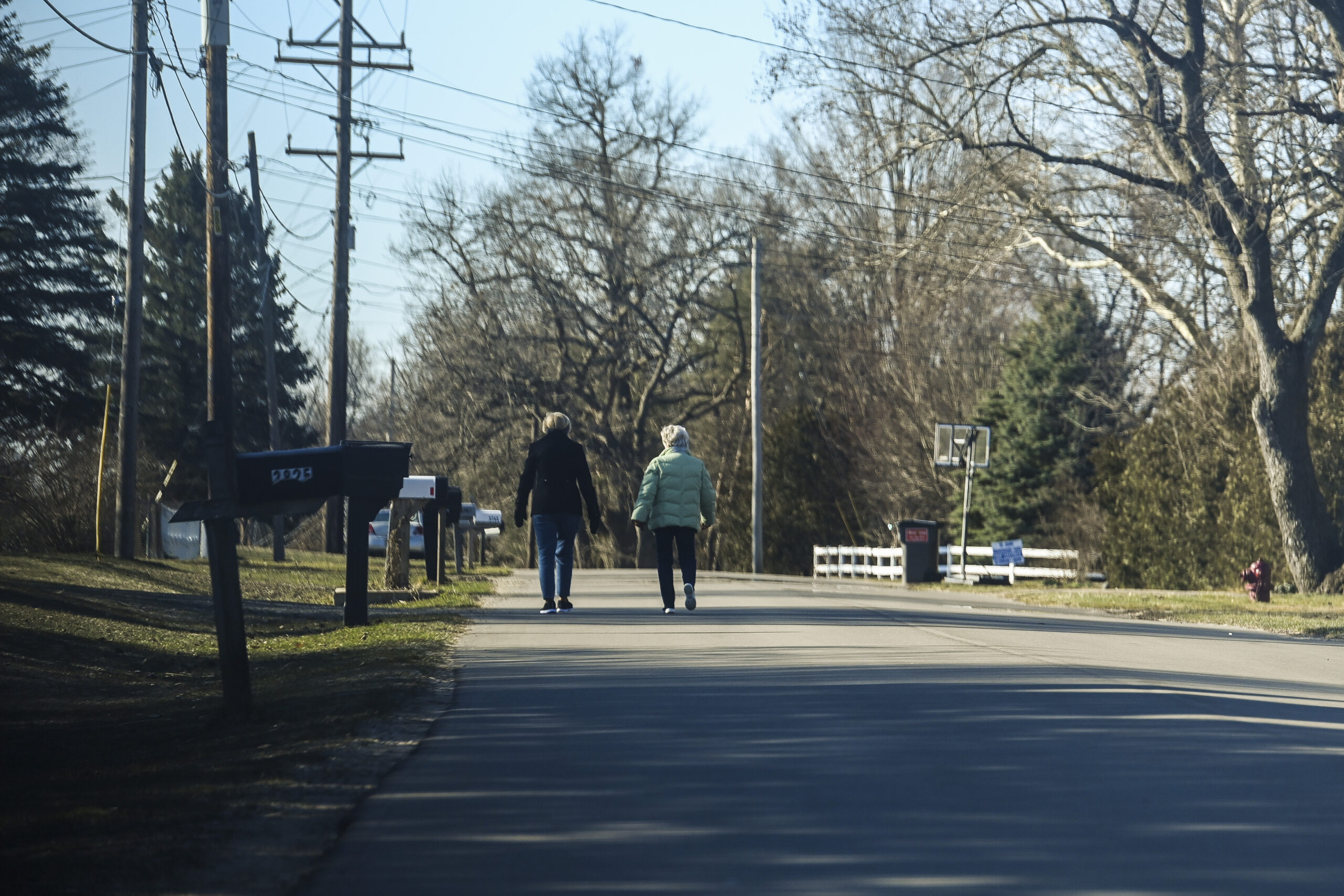
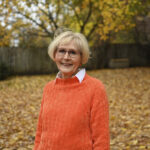
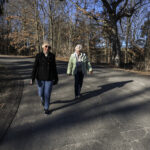
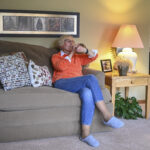
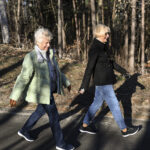
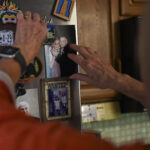

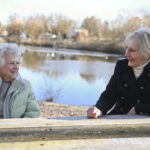




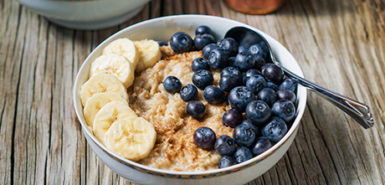 /a>
/a>
 /a>
/a>
 /a>
/a>
Judy inspires me to keep active and eat healthy. Something I had not thought of and would like to try is setting up the 9 hourly alarms to walk 250 steps. Judy is a great friend with a very positive outlook on life and I’m thankful to know her.
Loved this story, Judy you are truly inspirational! You look 65:) God bless.
Judy is truly an inspiration and so is Berta. These two lovely ladies are seen daily in the neighborhood doing their walk. I have been a neighbor for 31 years and have seen them. It is a fact people our age must keep busy and active. Also a healthy diet and outdoor sunshine help.